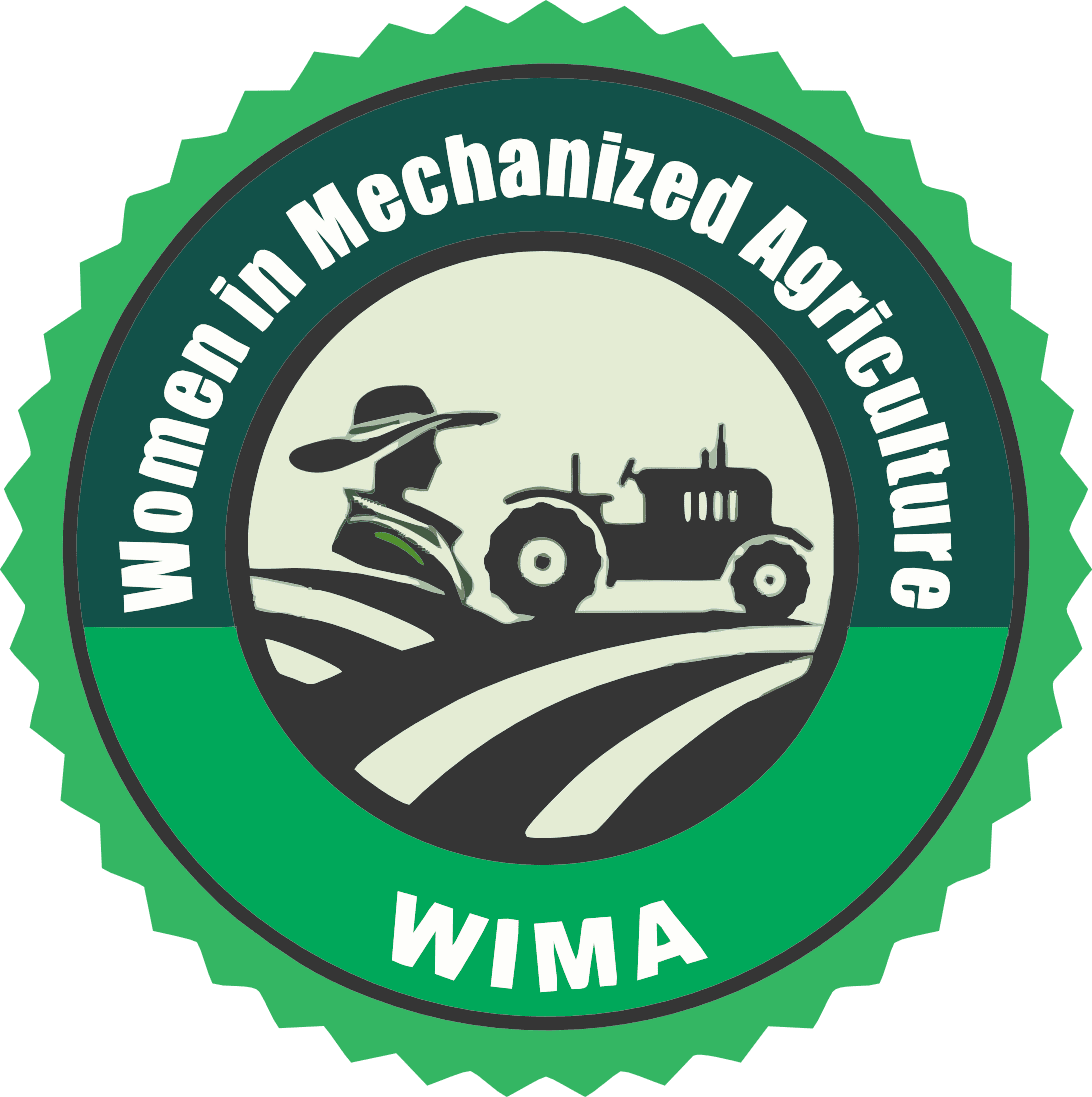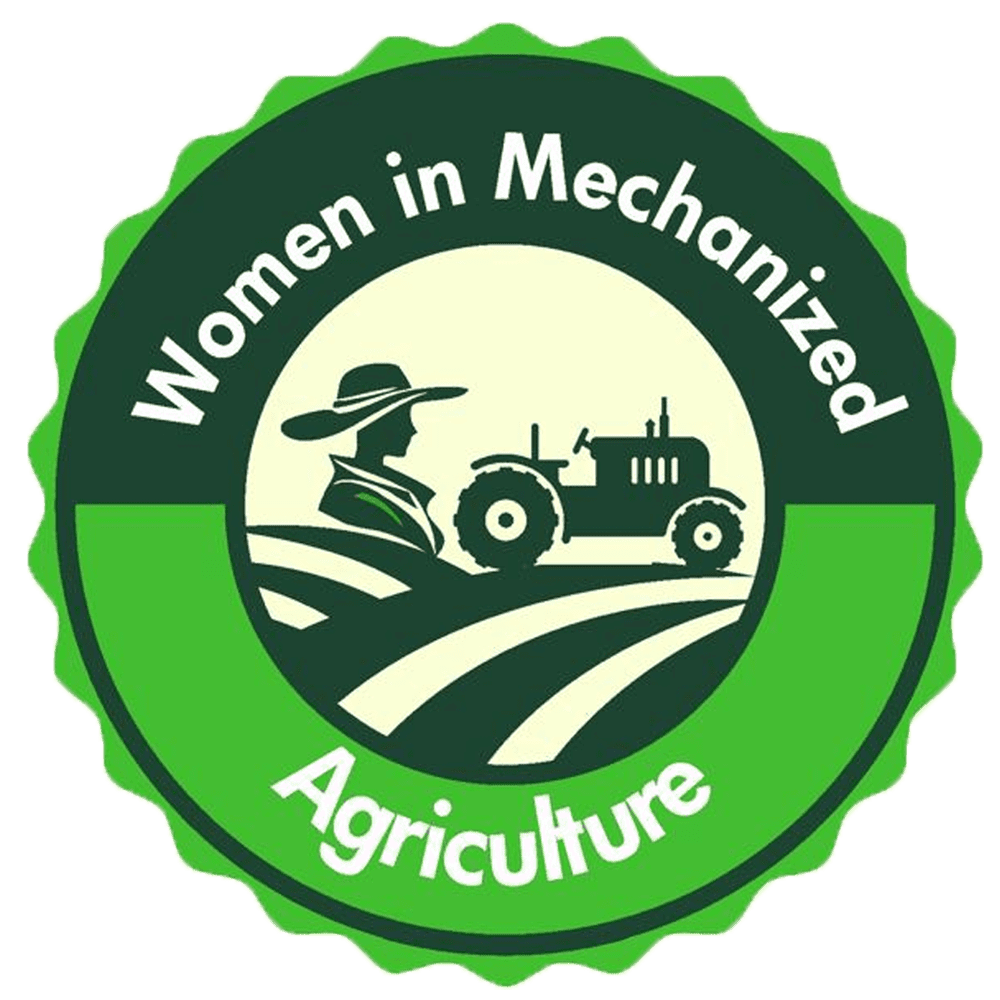A few weeks ago in Abuja, we hosted a media parley focused on enhancing agricultural productivity by expanding access to mechanised farming tools, especially for women farmers who play a vital role in feeding their families and communities. Before a gathering of journalists and stakeholders, we highlighted the importance of integrating women into the mechanised farming ecosystem as a means of driving inclusive economic growth. Our board chair, Dr. Aisha Waziri, painted a compelling picture of how innovation can support grassroots communities. She described a model akin to ride-hailing, but for tractors and harvesters—connecting urban women in Abuja with women farmers in rural areas.
“This initiative enables women to access agricultural machinery on a lease basis with no upfront cost. It’s entirely women-run and strengthens both urban networks and rural livelihoods,” Waziri said, calling on policymakers to support the initiative through enabling policies.
For many women across Nigeria, especially in rural areas, their work on the farm is a cornerstone of family welfare. Yet, limited access to modern tools has hindered their potential. The Women in Mechanized Agriculture (WIMA) model is working to change that by reinforcing the role of women as essential contributors to household and national food security.
“We’re encouraging ministries—Agriculture, Women Affairs, Trade, and Science and Technology—to embed this form of practical support into national policy,” Waziri added. “We have proof that this model works. It uplifts families and strengthens communities.”
Our president, Mrs. Aisha Yakubu-Bako, shared the journey of WIMA, which began in 2019 with just six women acting as service aggregators for farm equipment. “By 2020, with support from Mastercard Foundation and Propcom+, we reached 250 members. Today, that number stands at 2,000—and growing,” she said. WIMA is not a charity; it is a business membership organisation. Women access farm equipment through vendor-financing, offering services and gradually repaying the cost, making it both sustainable and empowering. Heather Ronke Akanni, agribusiness expert and board trustee, summed it up best,
“Mechanization boosts productivity and opens up opportunities for processing and trade. With the right policy support, we’ll see even greater involvement from women and youth, contributing to economic growth from the ground up.”
This is more than a programme—it’s a practical step toward a stronger agricultural sector and more resilient households. You can be a part of this initiative investing in women farmers by sending us a message. We would love to chat with you.

